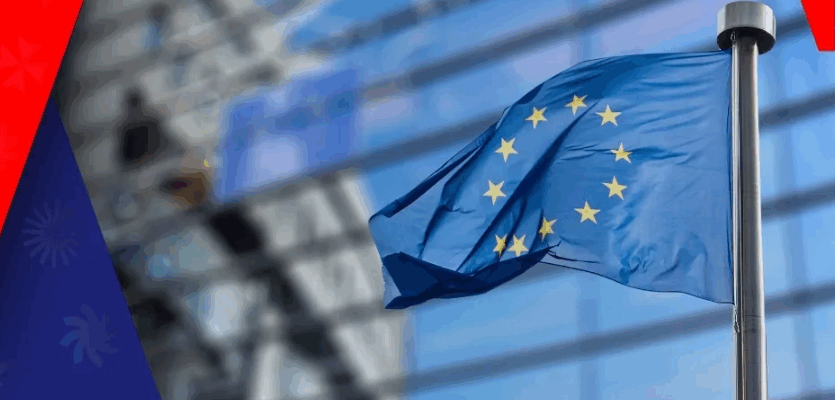Under the proposed framework, a set of behavioral indicators — such as changes in the speed of play, session duration, and times of play — would constitute a common “marker of harm.” These markers are designed to help operators more promptly and uniformly identify gambling behavior that may pose higher risk, particularly in cross‑border settings
EGBA Pushes for EU-Wide Standard to Tackle Cross‑Border Disputes

The European Gaming and Betting Association (EGBA) is urging regulators across the EU to back a newly proposed standard aimed at addressing disputes and inconsistencies that span national borders in the online gambling industry. The vote on this standard, overseen by the European Committee for Standardisation (CEN), closes on September 25. The process began in 2022 when EGBA first submitted the proposal, and it has since been under development for three years.
Under the proposed framework, a set of behavioral indicators — such as changes in the speed of play, session duration, and times of play — would constitute a common “marker of harm.” These markers are designed to help operators more promptly and uniformly identify gambling behavior that may pose higher risk, particularly in cross‑border settings.
Maarten Haijer, Secretary General of EGBA, commented that this initiative represents precisely the kind of collaboration needed to enhance understanding of problematic gambling behavior, share best practices, and deliver greater consumer protection. He called on EU member states’ representatives to vote in favor, emphasizing that the standard would assist in both prevention and oversight.
If adopted, the standard will be voluntary, giving individual national oversight bodies the choice whether to integrate it into domestic regulation. Its publication is expected to occur in early 2026.
Balancing Innovation with Consumer Protection
The proposal emerges amid broader debate in Brussels about whether uniform regulation of gambling across the EU should be strengthened. Officials argue the gambling sector contributes significantly to the EU’s digital economy, particularly through jobs in IT, cybersecurity, compliance, payments, and consulting.
Chris Farrugia, Malta’s Deputy Permanent Representative to the EU, noted that recent EU efforts aim to reduce red tape and simplify procedural burdens, especially as different parts of Europe recover unevenly from the pandemic. He cautioned, however, against a “one‑size‑fits‑all” regulatory approach, suggesting that harmonization should be targeted, particularly for consumer safety measures, while preserving space for technological and regulatory innovation.
Fragmented Enforcement Across Borders
Despite EGBA’s push, enforcement of legal rulings remains fragmented in Europe. A notable example involves many cases brought by Austrian gamblers against Malta‑licensed operators. The complexity has been compounded by Malta’s 2023 enactment of legislation (known as Article 56A or “Bill 55”), which instructs Maltese courts not to recognize certain foreign judgments in gambling dispute cases. Malta contends this is consistent with EU single market principles, but Brussels has opened infringement proceedings, warning the law may violate EU obligations related to mutual recognition of judicial decisions.
Dr. Nicole Daniel of DLA Piper in Austria observed that Austrian attorneys have been employing an unusual legal mechanism — “ordination” — to pursue claims. Under this mechanism, when players gamble with operators who lack local licenses, they may attempt to recover losses through foreign court judgments. She warned that because many of these procedures are unilateral (without giving the operator party a chance to participate or respond), there is a risk of imbalance and unfairness, especially if only one side’s evidence is considered.
What Lies Ahead
If the proposed standard is endorsed, it would mark a significant step toward harmonizing how harmful gambling behaviors are identified and addressed across the EU. While adoption would remain voluntary, it could influence national regulations and observance over time. Stakeholders including gambling operators, regulators, public health experts, and consumer protection groups are watching closely.












